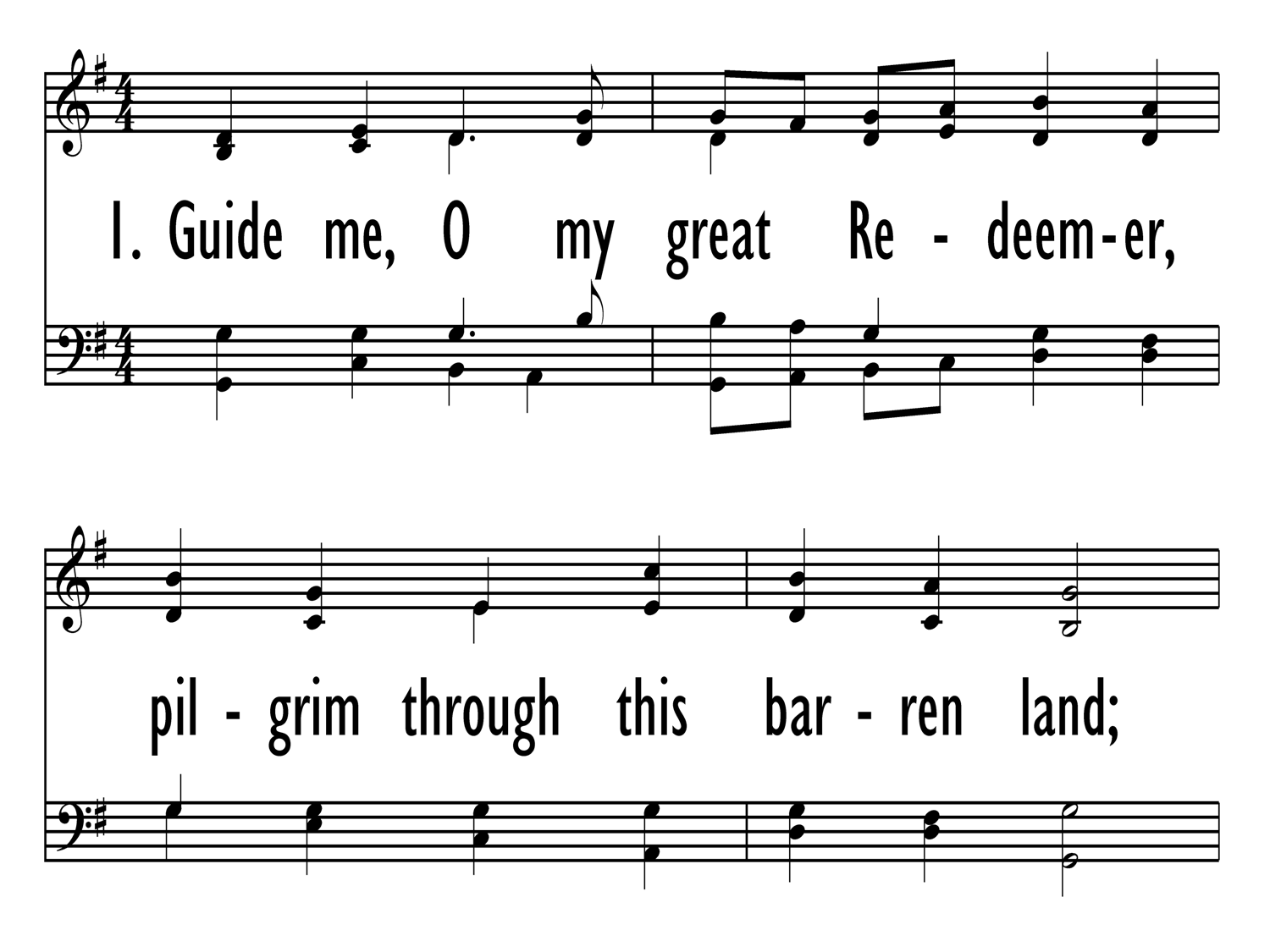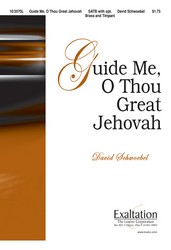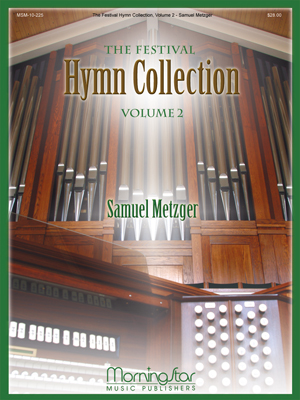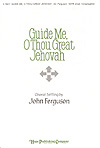- |
User Links
Guide Me, O My Great Redeemer
Hymn Information
- First Line
- Guide me, O my great Redeemer
- Author; Translator (st. 2-3)
- William Williams (1745; 1772, alt.)
- Translator (st. 1)
- Peter Williams (1771, alt. )
- Tune Name
- CWM RHONDDA
- Composer
- John Hughes (1907)
- Topic
- Biblical Names and Places: Canaan · Biblical Names and Places: Jordan River · Biblical Names and Places: Pillar of Cloud/Pillar of Fire · Covenant Faithfulness · Powers of Darkness · Death and Dying · Discipleship · Jesus Christ: Bread of Life · Jesus Christ: Guide · New Heaven and Earth · Occasional Services: Funeral/Witness to the Resurrection · Perseverance · Praise of Christ · Praise of God
Copyright Information
- Text Copyright
- Public Domain
- Tune Copyright
- Public Domain
- Reprint/Projection Information
- Words and Music: The Words and Music are in the Public Domain; you do not need permission to project or reprint the Words and Music.
Full Text
Scripture References
- · · ·
Thematically related:
- st. 1 = · · ·
- st. 2 = ·
Further Reflections on Scripture References
Pilgrimage is a much-used metaphor in Williams's texts. "Guide Me, O My Great Redeemer" draws on images from the Exodus story in the Old Testament: "bread of heaven" (Ex. 16), "crystal fountain" (Ex. 17), "fire and cloudy pillar" (Ex. 13:21-22). But the New Testament, Christocentric focus of the text is equally clear in the repeated final line of each stanza: Jesus is the "bread of heaven" (or "bread of life," (John 6), the "rock" who is our "strength and shield" (1 Cor. 10:4), and the victor over "death … and hell's destruction" (Rev. 1:18). Thus the change from the original “Jehovah” of the first line to "Redeemer" makes eminent sense.
Psalter Hymnal Handbook
Confessions and Statements of Faith References
Further Reflections on Confessions and Statements of Faith References
The journey of the Israelites through the wilderness is a picture of God’s children as pilgrims on a long and sometimes difficult journey. Yet, through everything God has a plan, which is revealed in the unfolding of the covenant. Our World Belongs to God, paragraph 33 testifies about a “story of God’s mighty acts in the unfolding of covenant history.” This unfolding of the covenant plan is a testimony, according to Our World Belongs to God, paragraph 18, of “the long road of redemption” for the Israelites and for God’s children living today.
Guide Me, O My Great Redeemer
Additional Prayers
Hold me with your powerful hand.
Feed me now and evermore.
ever be my strength and shield for Jesus’ sake. Amen.
Guide Me, O My Great Redeemer
Tune Information
- Name
- CWM RHONDDA
- Key
- G Major
- Meter
- 8.7.8.7.8.7.7


 My Starred Hymns
My Starred Hymns






